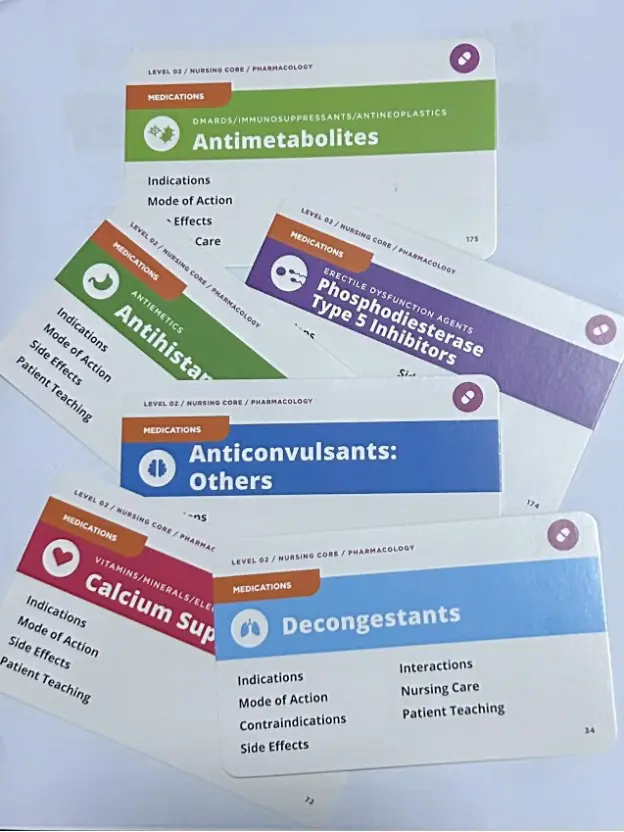For many students, enrolling in a new college can be very intimidating – especially for those who have been out of school for a long time. While some people might worry about keeping up with a demanding course load, others may stress about not having the time to balance school work and other responsibilities.
Fortunately, there are plenty of tricks that new college students can use to make the most of their study time, stay on top of school work, and keep their schedule organized. If you are feeling nervous about starting college, here are a few tips to help you start your year off on the right foot.
1. College Students Use Various Tools to Schedule Study Time and Stay Organized
Before beginning your classes, it’s important to create a schedule for yourself. There are plenty of tools available that will help you stay organized. These include; agendas, calendars, and mobile apps. Select the organizer that works best for you and remember to update it regularly!
Start by entering all of your class schedules. Next, jot down your other commitments, like work shifts or family responsibilities that you won’t be able to miss. Once you have received your course syllabus, you will be able to enter the due dates for your assignments and start scheduling study time.
Career college students know that studying with classmates is a great way to get new perspectives on course material; however, finding the time to do so can sometimes be tricky, even with an agenda. Thankfully, there are plenty of mobile apps that enable users to schedule online meetings. This means you won’t even need to leave home to benefit from group study sessions. In fact, there are actually cloud-based systems that allow users to share their notes and flash-cards. So, you might consider leveraging such tools in order to learn the medical terminology from your medical lab assistant courses, for instance.
2. Career Colleges Offer Plenty of Quiet Study Spaces
Every student knows that it is important to have a dedicated study space. Whether you’re enrolled in a nursing program in BC or completing your mental health and addictions diploma, you will be required to study and complete homework outside of the classroom. A personal study area can help you focus on course material, study for tests, and work on assignments.
Everyone is different, and while some students might feel comfortable studying in a library on campus, others may prefer to complete their work at home. It is important to select a study space that works best for you. Your school is definitely equipped with plenty of quiet spots; however, if you study best in the midst of a little background noise, a local coffee shop might be a better option.
3. Every Student Has Got Their Own Study Techniques
There’s no one-size-fits-all for studying, so what works great for one person might not work well for someone else. Some people are auditory learners; they tend to learn best when they record lectures and play them back at a later date. Others might absorb informationby writing notes or using visual study guides. It is important to test out a few different styles and techniques to find the one that works best for you.
4. Successful Students are Interested in Course Material and Ask Plenty of Questions
One foolproof way to achieve academic success is to ask your instructors a lot of questions in class or during their office hours. Instructors like to know that their students are interested in learning the course material and they are typically more than happy to help out by answering any and all questions.
If you are having a hard time understanding something, try putting your hand up in class and asking for clarification. And of course, if you happen to be a naturally shy person, you can always visit your instructors in private, during their office hours.
Are you interested in enrolling in a career college in BC? Check out our list of diploma programs for more information or to speak with an advisor.






